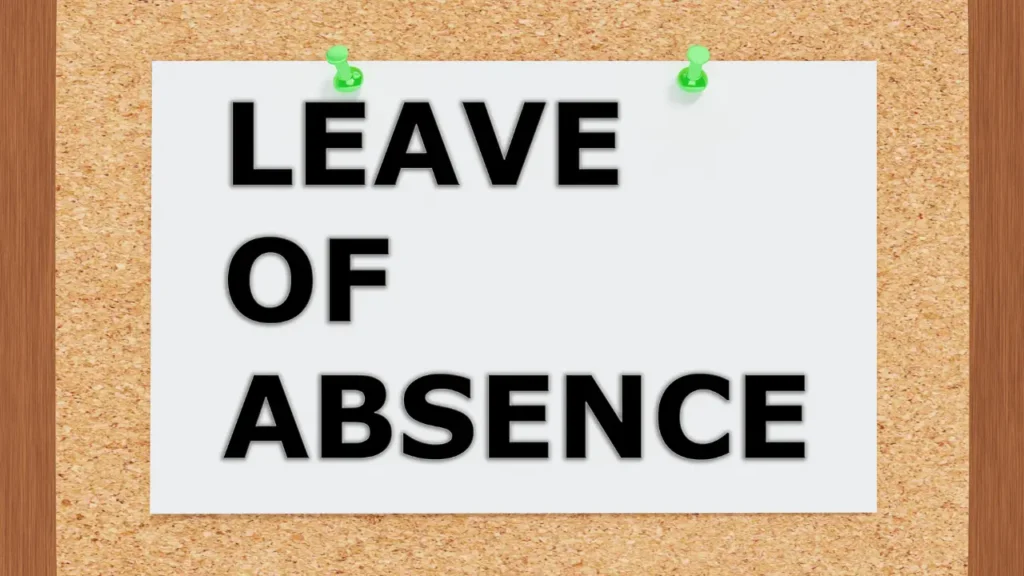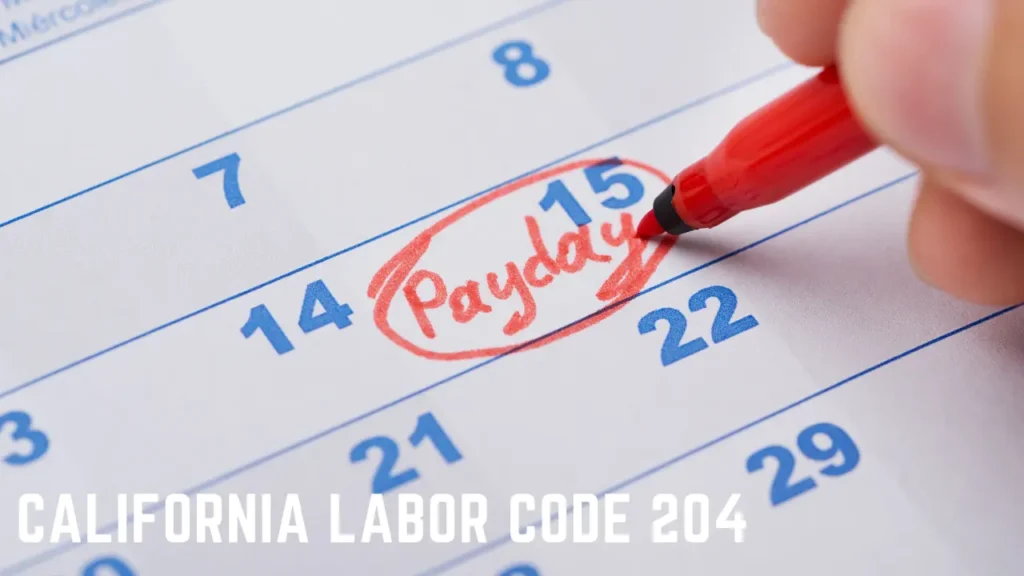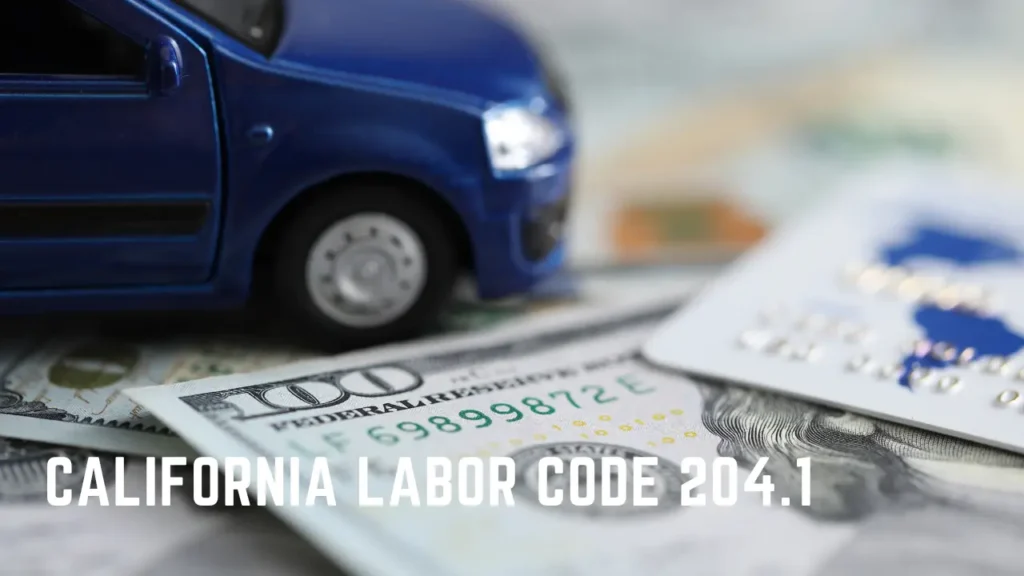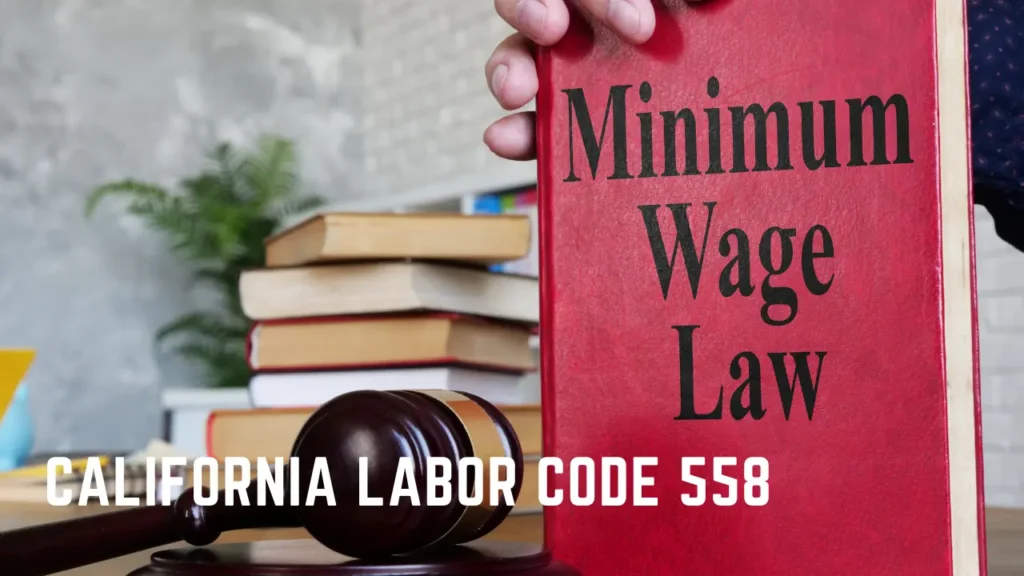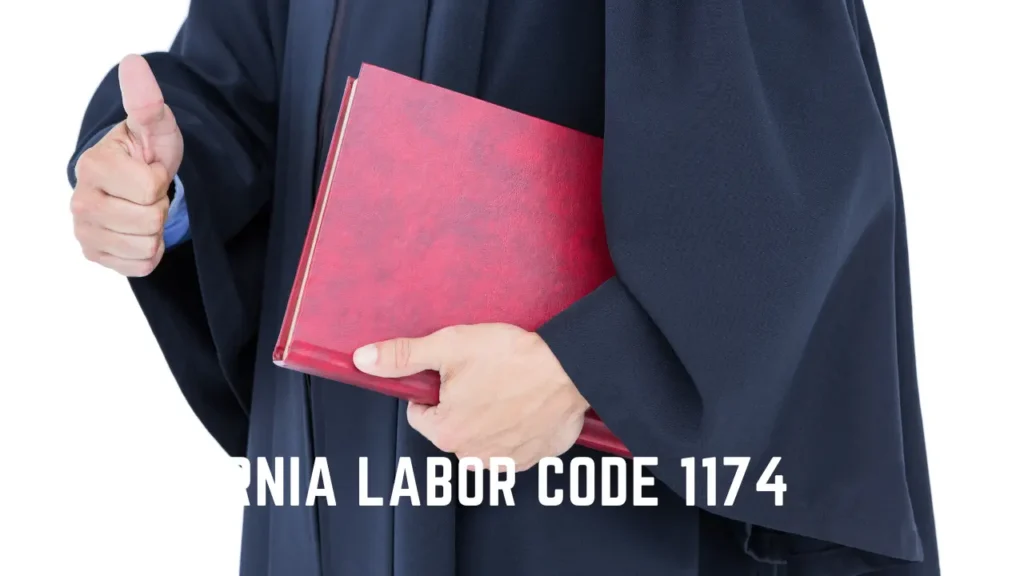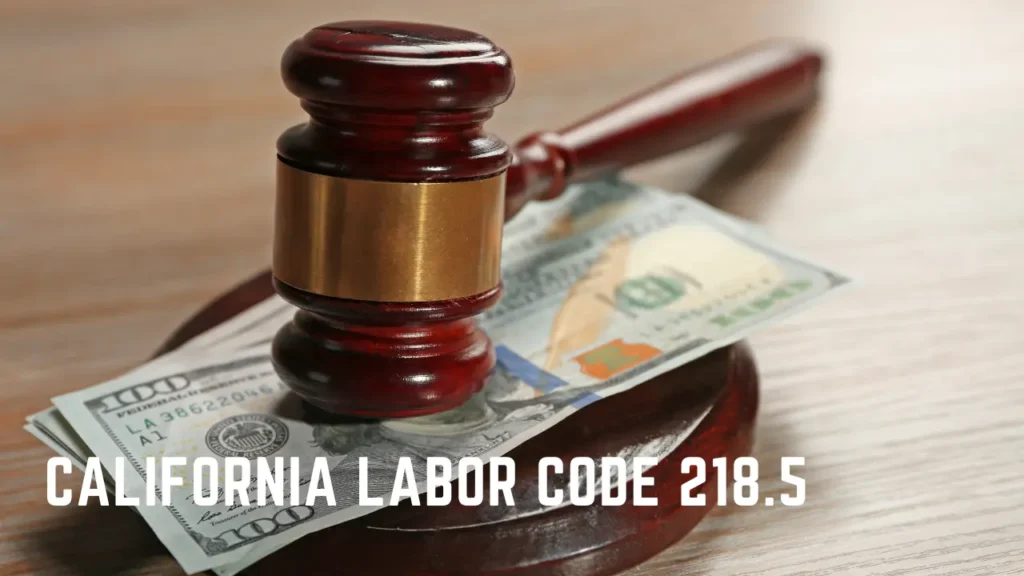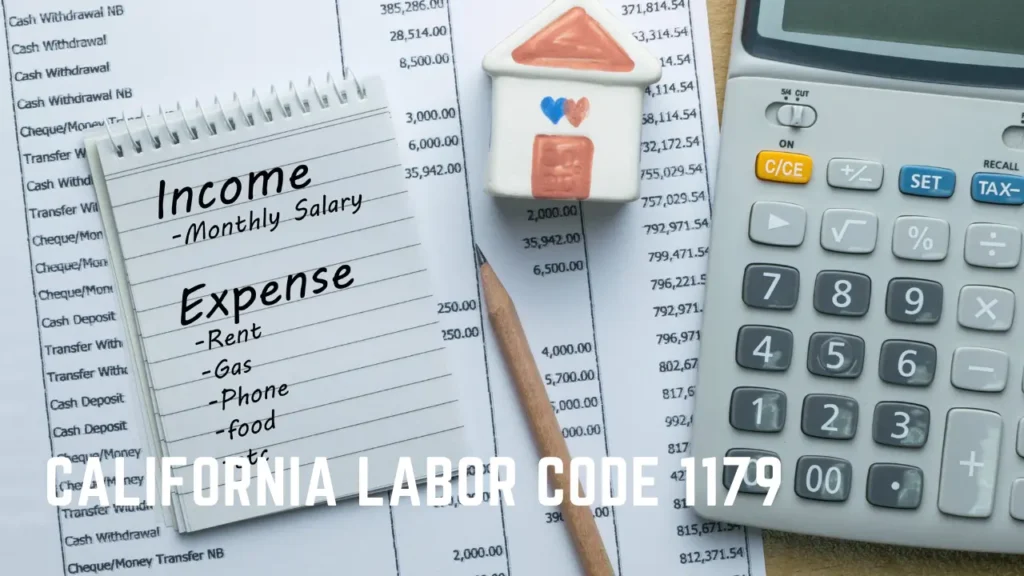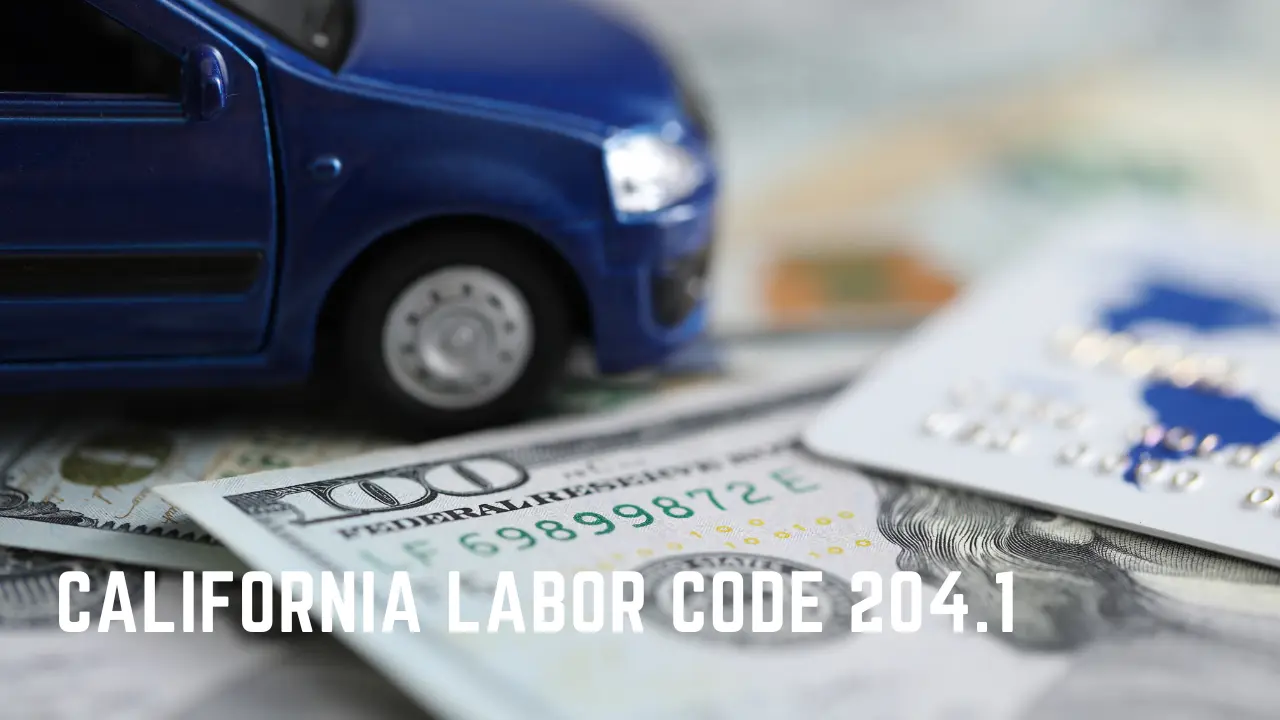Table of Contents
ToggleThe analysis also examines the legal requirements for minimum wage in California. It discusses how these requirements impact rest breaks and overtime for car salesmen.
Whether you’re interested in understanding the legalities of car sales remuneration or seeking legal assistance, this comprehensive guide offers invaluable insights into the dynamics of the car sales sector.
What types of payment plans are available for car salesmen?
There are five primary payment plans available for a car salesman: hourly wage, salary, commission-only, piece-rate, and a mixture of hourly/salaried pay and commission pay.
The hourly wage plan provides a fixed rate per hour, offering a steady income but potentially limiting earnings.
The salaried plan guarantees a fixed annual income.
In a commission-only plan, pay depends on sales made, meaning potential earnings are high, but so is income volatility.
A piece-rate plan offers a fixed amount per sale, regardless of the vehicle’s value.
Finally, a mixed plan combines an hourly wage or salary with commission, providing a stable base income plus the opportunity for greater earnings.
Each plan varies in terms of risk and reward, aligning with different salespeople’s preferences and circumstances.
Are car dealerships required to pay salespeople the minimum hourly wage?
In terms of minimum wage entitlement, not all car salespeople are guaranteed an hourly wage, as this largely depends on their exemption status. Non-exempt salespeople are legally entitled to the federal or state minimum wage, regardless of their commission earnings.
However, exempt salespeople, who typically earn more than half of their compensation through commissions, may not be entitled to a minimum wage. The distinction between exempt and non-exempt is often determined by the nature of the salesperson’s role. For instance, outside salespeople who spend a majority of their time away from the dealership, may fall under the exempt category.
Therefore, while some dealerships may choose to pay an hourly wage, they are only sometimes required to do so.
How does this influence rest, meal breaks, or overtime?
The compensation structure of car salesmen, particularly those classified as non-exempt, directly influences their entitlement to rest breaks, meal breaks, and overtime pay under certain labor laws. Non-exempt car salespeople are legally entitled to prescribed rest and meal breaks. However, the often unpredictable and demanding nature of their job can sometimes impede this.
As for overtime, salespersons are typically expected to work long hours, especially during promotional events or peak buying seasons. However, non-exempt employees are entitled to overtime pay when exceeding a certain number of hours per week. The specifics can vary from state to state, hence, car salespeople must be aware of their rights under local labor laws.
Conclusion
In conclusion, the compensation structure for car salesmen is diverse, encompassing hourly wages, salaries, and commissions.
The entitlement to minimum wage, rest or meal breaks, and overtime is contingent on the exempt or non-exempt status of the salesperson.
Understanding these intricacies can help individuals navigate the car sales industry or seek legal assistance if needed.
This article provides a comprehensive overview of these dynamics within the context of California labor laws




